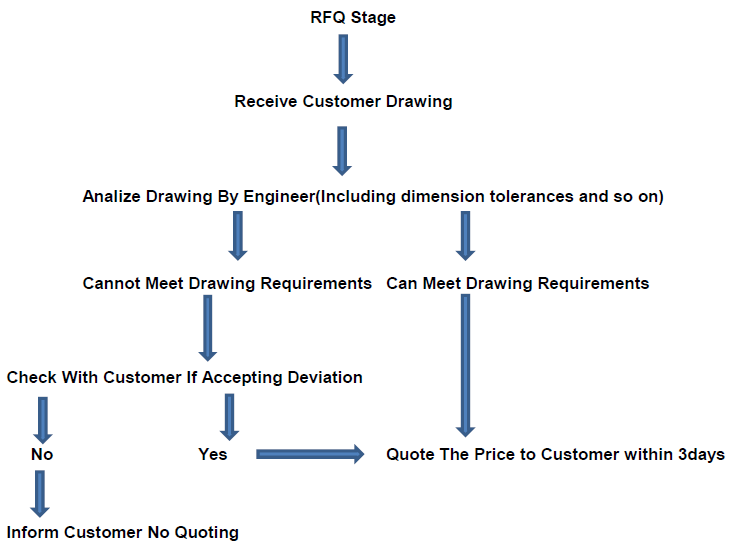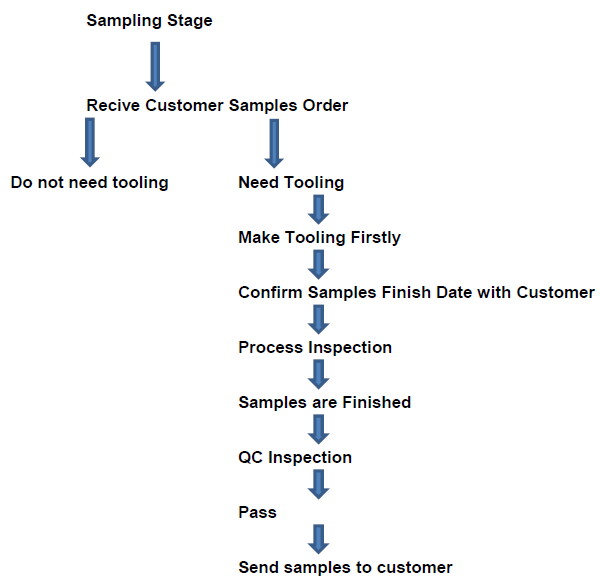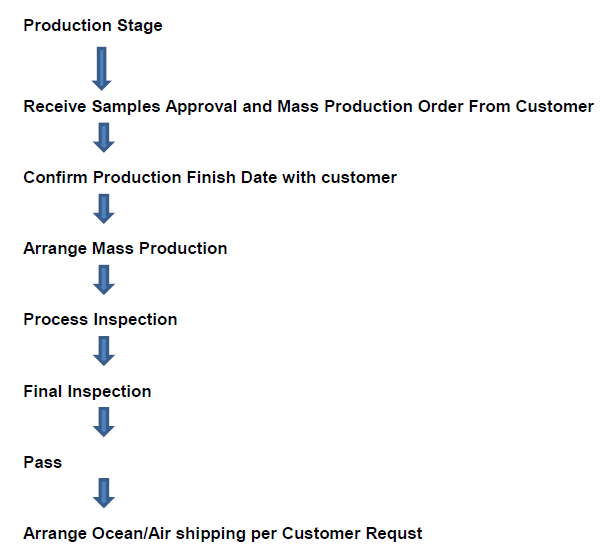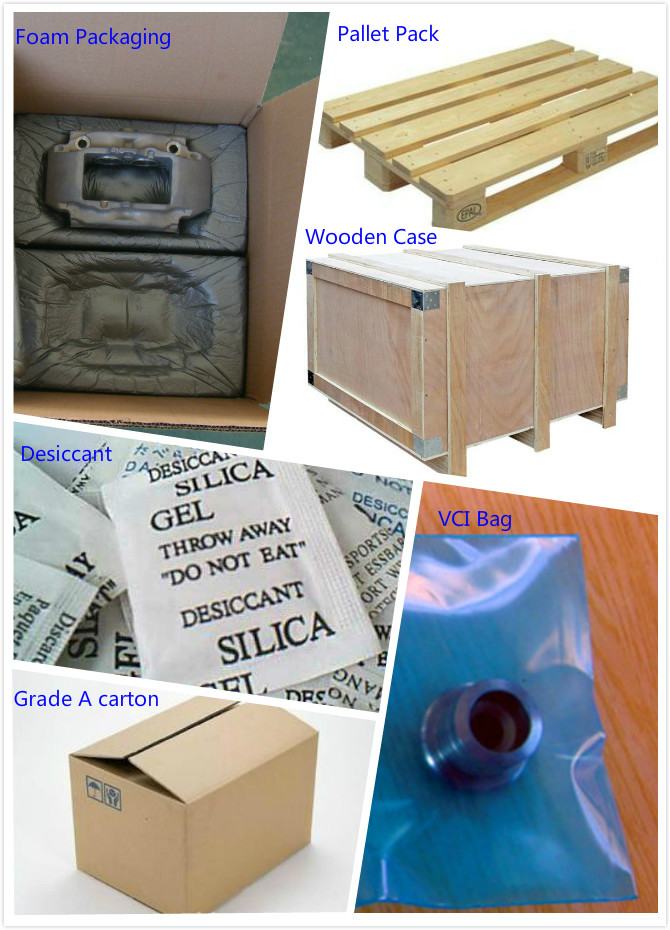![alloy steel machined shaft alloy steel machined shaft]()
Alloy steel is suitable for manufacturing a variety of products, mainly including mechanical parts, tools and products with special properties.
Alloy steel can be classified into the following categories based on its composition and properties:
Alloy structural steel : mainly used for manufacturing mechanical parts such as gears, gear shafts, connecting rods and worms. This type of steel has high tensile strength, toughness and fatigue strength, and is suitable for manufacturing machine parts with larger cross-sectional dimensions .
Alloy tool steel : for the production of measuring tools, cutting tools and dies. This type of steel, after heat treatment, has excellent hardness and wear resistance and is suitable for tools and dies that require high hardness and wear resistance .
Special properties steel : used in petroleum, chemical, food, pharmaceutical and other industries, as well as in daily necessities and decorative materials. This type of steel has particular physical or chemical properties suitable for a particular environment or use .
The advantages of alloy steel include:
High strength : After heat treatment, the alloy steel can achieve high tensile strength and yield strength, and is suitable for parts subjected to large loads.
High hardness : Some alloy tool steels, after heat treatment, can achieve very high hardness and are suitable for tools and dies that require high wear resistance.
Good toughness : Alloy structural steel has good toughness and is suitable for parts that need to withstand impact and vibration.
All of our heat treated alloy steel precision machined shaft products with OD grinding are made according to customer's drawings or samples. The design is unique and cannot be purchased directly from the market. The below chart is to show how we serve to our customers:
![RFQ阶段 RFQ阶段]()
![samples阶段 samples阶段]()
![production阶段 production阶段]()
Product Advantages of Machined Heat Treated Alloy Steel Shaft Ground:
Superior Durability: Precision heat treatment (quenching & tempering) enhances surface hardness (HRC 50-55) while maintaining core toughness, ensuring exceptional resistance to wear, fatigue, and deformation under extreme loads.
Customizable Design: Tailored dimensions (10–500mm diameter, up to 3m length) and adjustable heat treatment protocols to meet specific application demands, from automotive transmissions to heavy-duty industrial machinery.
Long-Term Reliability: Engineered for harsh environments, these shafts minimize downtime and maintenance costs, delivering consistent performance in high-stress conditions.
Global Compliance: Manufactured to ISO 683-1 and ASTM A322 standards, ensuring quality, traceability, and compatibility with international engineering requirements.
OEM/ODM Flexibility: Partner with us for bespoke solutions—optimize your equipment’s efficiency and lifespan with shafts designed for your exact specifications.
This structure highlights technical excellence, customization, and value-driven benefits to engage engineers and procurement teams.
Packaging:
![包装组图_meitu_3 包装组图_meitu_3]()
FAQ:
1Q: What is the minimum order quantity (MOQ)?
1A: Custom designs require 100+ units.
2Q: Can you provide material certification (e.g., EN 10084, ASTM A322)?
2A: Yes, full material test reports (MTRs) and heat treatment certificates are included.
3Q: How long is the lead time for bulk orders?
3A: Complex customizations may need 7-8 weeks.
4Q: Do you offer surface coatings (e.g., nitriding, chrome plating)?
4A: Yes, additional coatings or treatments can be applied upon request for enhanced corrosion/wear resistance.
5Q: What quality controls ensure dimensional accuracy?
5A: Each shaft undergoes 3-stage inspection: CNC process monitoring, post-grinding checks, and final hardness/roughness verification.


































